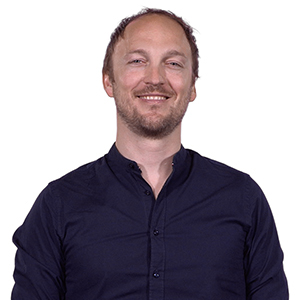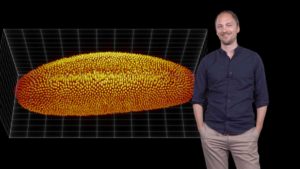Dr. Loic Royer is a Group Leader at the Chan Zuckerberg Biohub. Royer initially studied engineering and then obtained a master’s degree in artificial intelligence followed by a doctoral degree in bioinformatics from the Dresden University of Technology in Germany. He continued his scientific training as a postdoc in the laboratory of Dr. Gene Myers, first at HHMI’s Janelia Research Campus and then at the Max Planck Institute of Molecular Cell Biology and Genetics. There, he developed novel technologies, including the first adaptive multi-view light-sheet microscope in collaboration with Dr. Philipp Keller. As a group leader at the Chan Zuckerberg Biohub, he continues to innovate by designing and building novel image processing software and imaging machines.

Talks with this Speaker
Multi-Dimensional Microscopy Datasets: Storing, Processing, and Visualizing
Loic Royer uses a developing drosophila melanogaster embryo to explain how to solve some of the challenges produced by multi-dimensional microscopy datasets. (Talk recorded in June 2019)

Audience:
- Researcher
- Educators of Adv. Undergrad / Grad
Duration: 00:19:56



